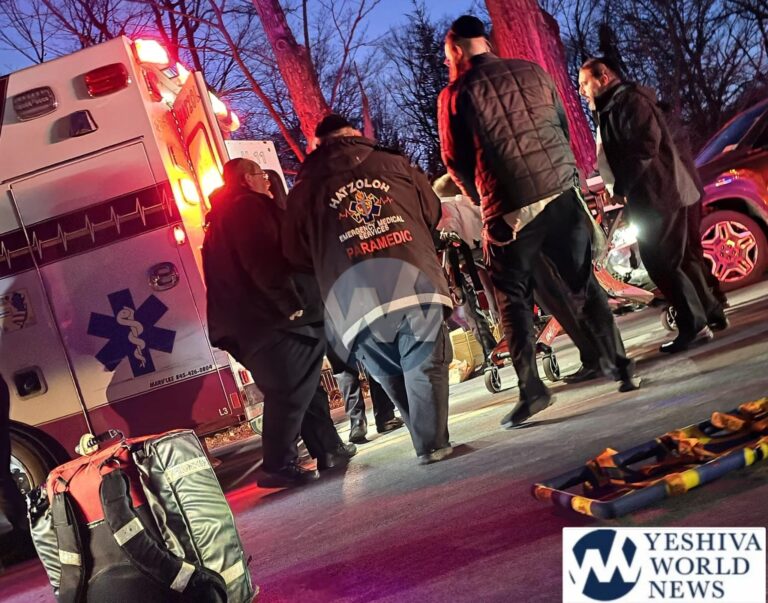Patients who received the blood pressure-lowering drugs known as beta blockers after having non-cardiac surgery were at higher risk of dying or having a stroke, a new Canadian study found.
However, the patients receiving the medications were less likely to have a heart attack, according to the report in the May 13 online issue of The Lancet.
“For a decade now there are guidelines saying you should give beta blockers to people having non-cardiac surgery,” said lead researcher Dr. P.J. Devereaux, an assistant professor in the Department of Clinical Epidemiology and Biostatistics at McMaster University in Hamilton, Ontario.
The reason for giving beta blockers is that surgery increases the heart’s need for oxygen and beta blockers help reduce blood pressure and heart rate, reducing strain on the heart, Devereaux explained.
Around the world, an estimated 100 million people have major non-cardiac surgery each year, so the finding could have serious consequences for many patients, Devereaux noted.
“In the last decade, even if only 10 percent of patients undergoing non-cardiac surgery were given beta blockers, that means 100 million people were given beta blockers, and that means 800,000 people died unnecessarily and a lot of people suffered a major stroke because they were given a beta blocker,” Devereaux said.
In the study, 8,351 patients at 190 hospitals across 23 countries who were at risk for atherosclerotic disease [hardening of the arteries] and undergoing non-cardiac surgery were randomly selected to receive a beta blocker or a placebo. The beta blocker was given two to four hours before surgery, and continued for 30 days after the procedure.
The researchers found that patients receiving beta blockers were 16 percent less likely to have died from heart disease, compared with those receiving a placebo. In addition, those taking a beta blocker were 27 percent less likely to have a heart attack than patients receiving a placebo.
But, more people taking a beta blocker died than those taking a placebo. In fact, patients taking a beta blocker had a 33 percent increased risk of dying compared with patients taking a placebo.
Also, there were more strokes among people taking a beta blocker than among patients receiving a placebo. Those receiving the beta blocker had double the risk of suffering a stroke compared with patients receiving a placebo, the researchers reported.
The most likely explanation for the increase in deaths and stroke among those taking beta blockers was that these patients could go into shock if their blood pressure were too low, a not uncommon complication of surgery, Devereaux said. “If they were on the beta blockers they were in big trouble, and [it] increased their likelihood of dying or suffering a stroke,” he said.
Devereaux doesn’t think reducing the risk of heart attack is worth increasing the risk of stroke or death. “I don’t think most patients would be willing to accept the excess death and excess stroke for preventing a heart attack,” he said.
Using a beta blocker to prevent heart attacks in these patients is not the right strategy, Devereaux said. “If we are causing so much harm to prevent heart attacks, we need to find another solution which will prevent these events, but not have the same risk.”
One expert thinks that the doses of beta blockers given in the trial were too high.
“The increase in hypotension [low blood pressure] and resulting strokes and cardiovascular deaths may be a result of this overly aggressive dosing rather than perioperative beta blocker therapy in general,” said Dr. Gregg C. Fonarow, a professor of cardiology at the University of California, Los Angeles.
“While further studies of other beta blockers and dosing regimens for perioperative use are still needed, the rapid up-titration to high dose of a beta blocker regimen employed in this study should be avoided,” Fonarow said.
Another expert thinks that if beta blockers are given cautiously, the dangers found in the study can be greatly reduced.
“We don’t want people to misinterpret this study,” said Dr. Lee A. Fleisher, chair of the Department of Anesthesiology and Critical Care at the University of Pennsylvania School of Medicine, and author of an accompanying editorial in the journal. “The study did not say anybody who is on beta blockers should stop them.”
Fleisher agrees that starting beta blockers the morning of surgery with high doses is not a good way to go. “That type of protocol is not good,” he said.
(Source: National Health Information Center)










